As a developing economy, India has numerous developmental aspirations. How India meets these goals without worsening the climate crisis is at the heart of CSTEP's work. Addressing climate change and enabling a secure and sustainable future for Indian citizens require an overhaul of previous paradigms on development and resource utilisation. This is reflected in our work on developing low-carbon trajectories for development with an emphasis on nature-based solutions.
We are working with state governments across India to build capacity on risk and vulnerability assessments to inform their respective action plans on climate change. The transition from fossil fuels to renewable energy is crucial to achieving a secure and sustainable future. CSTEP's studies explore the possibility of a greater integration of renewables in the energy sector.
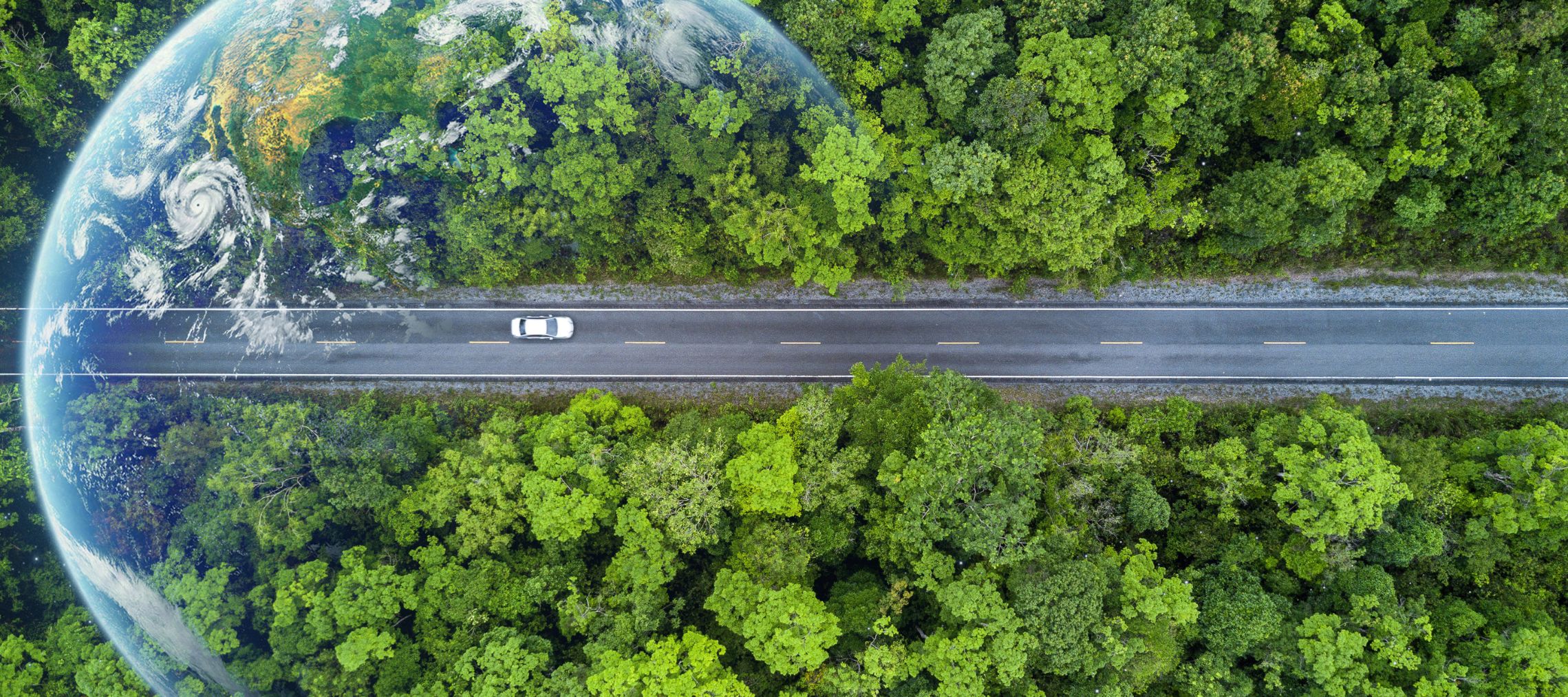
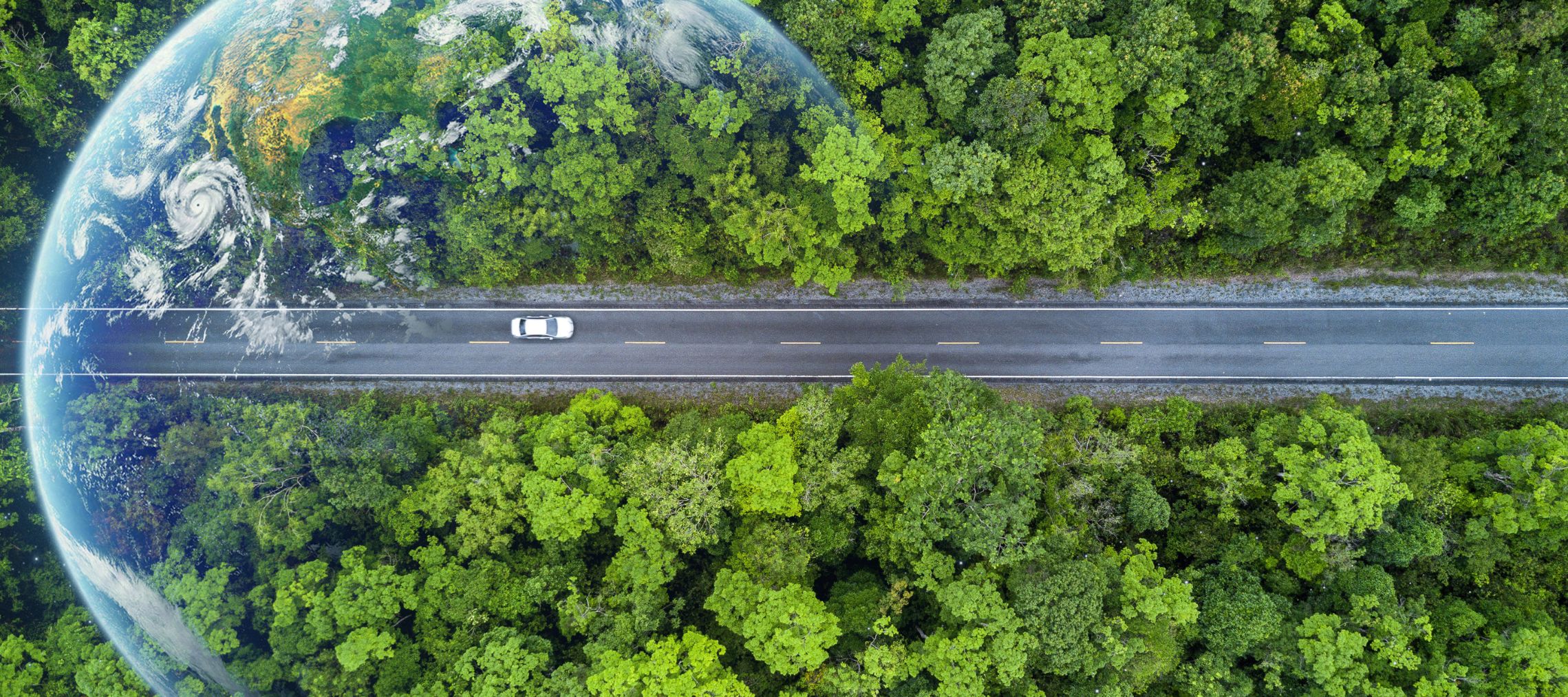
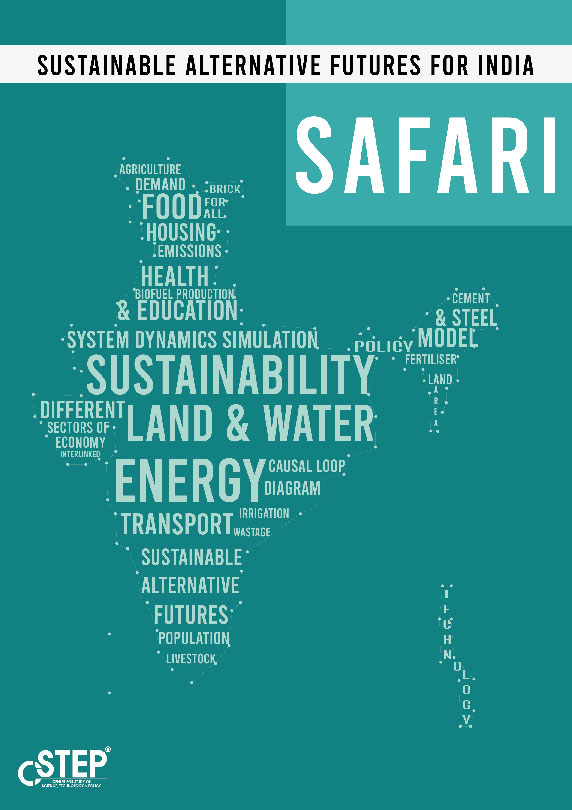
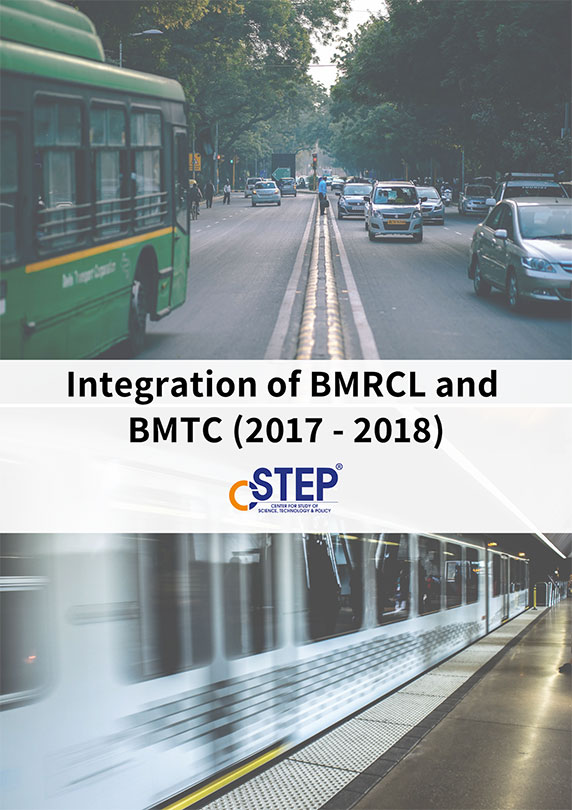
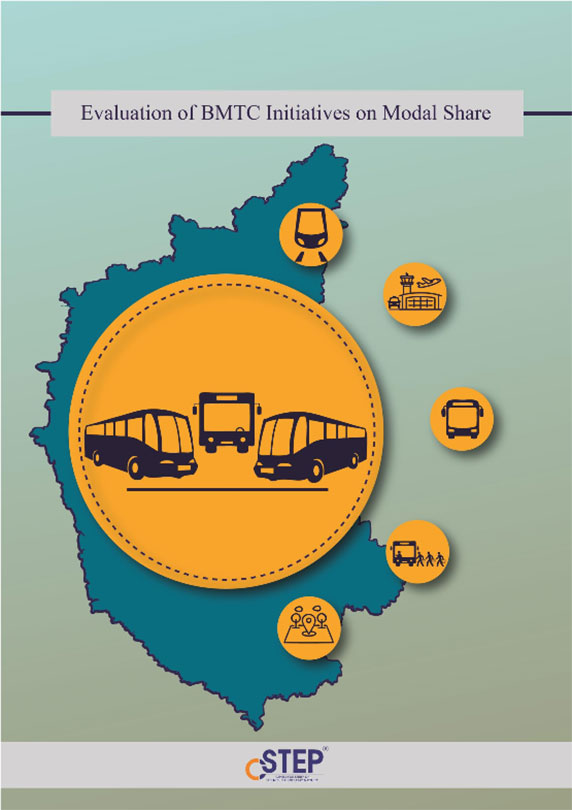
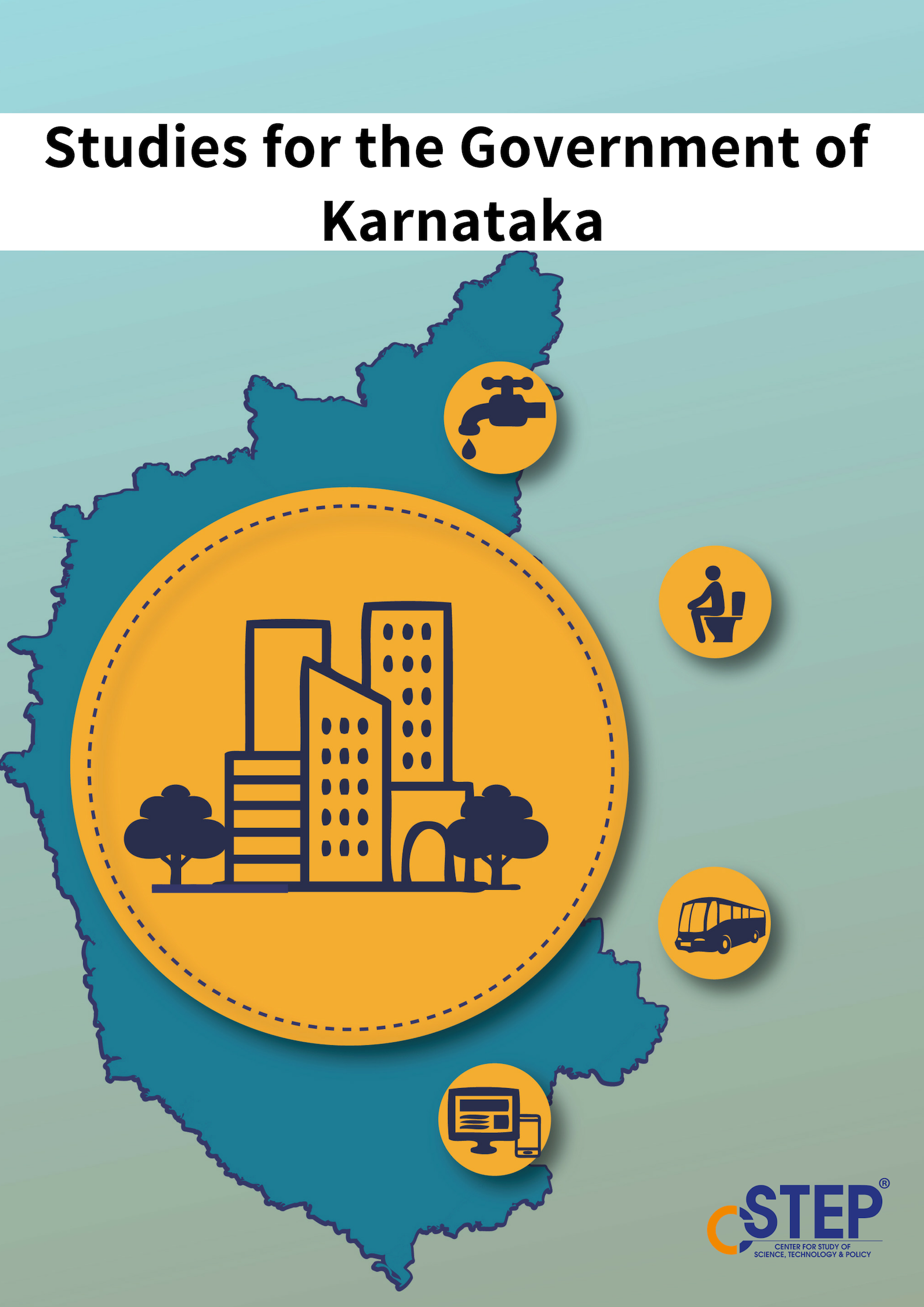

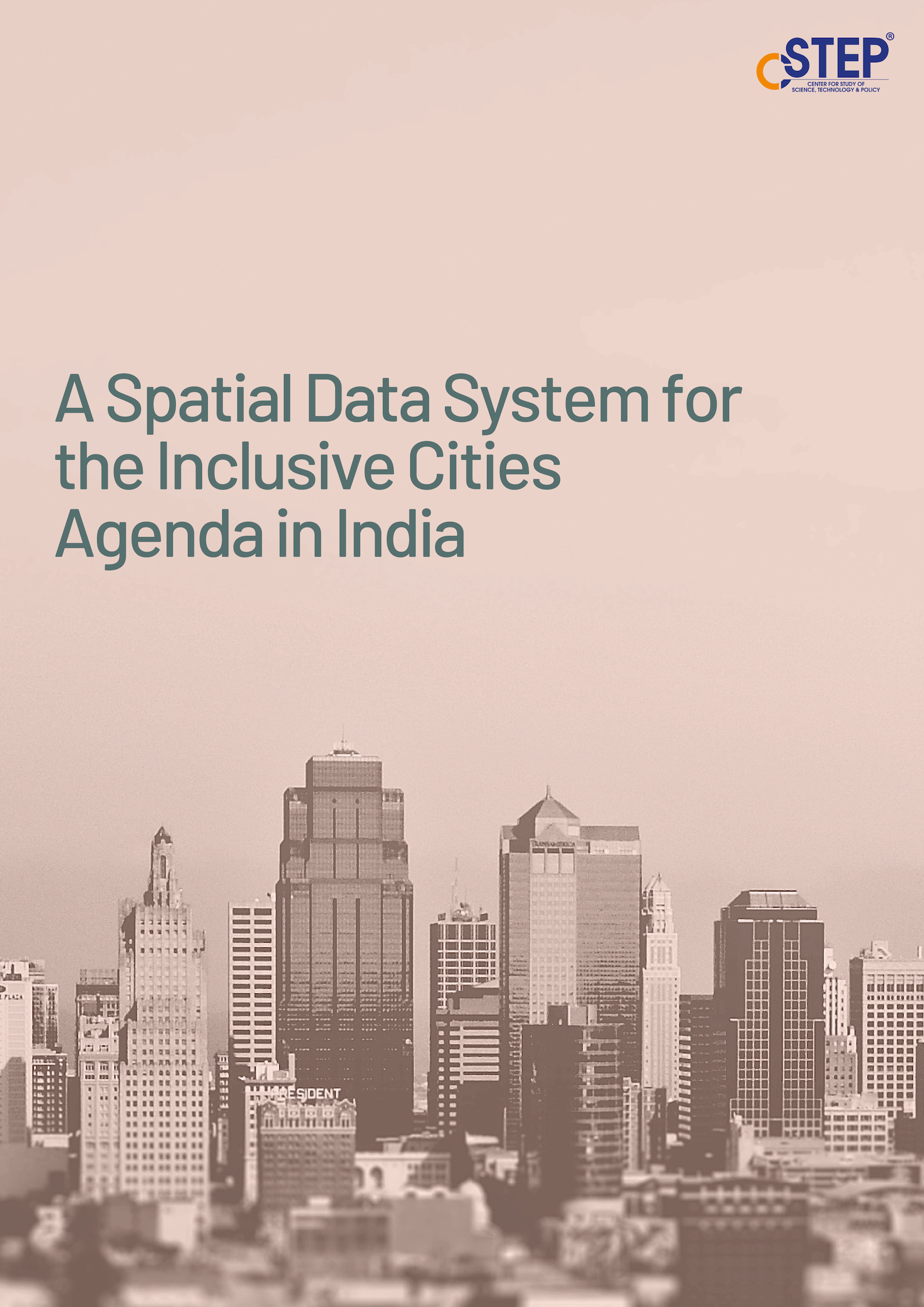
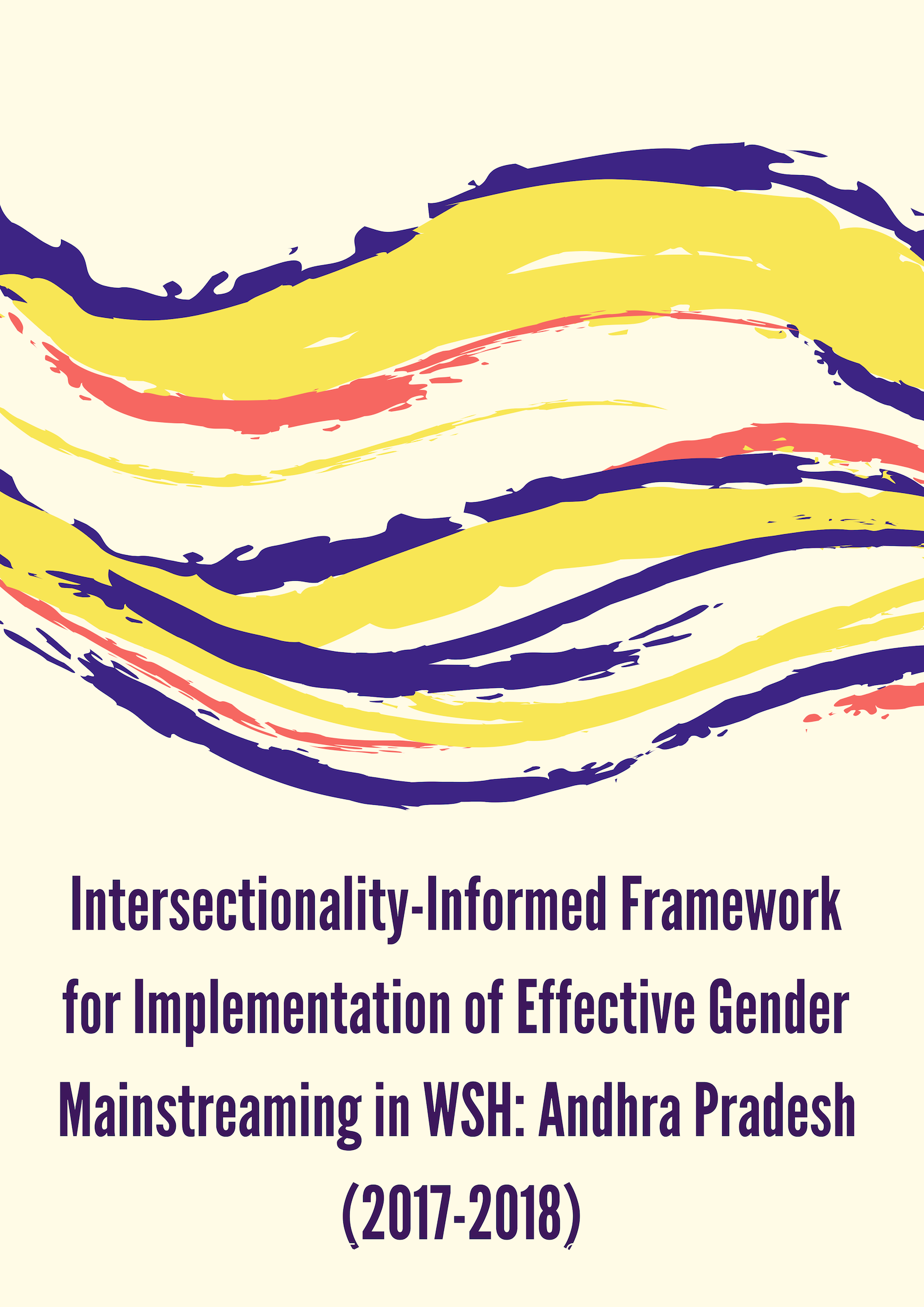
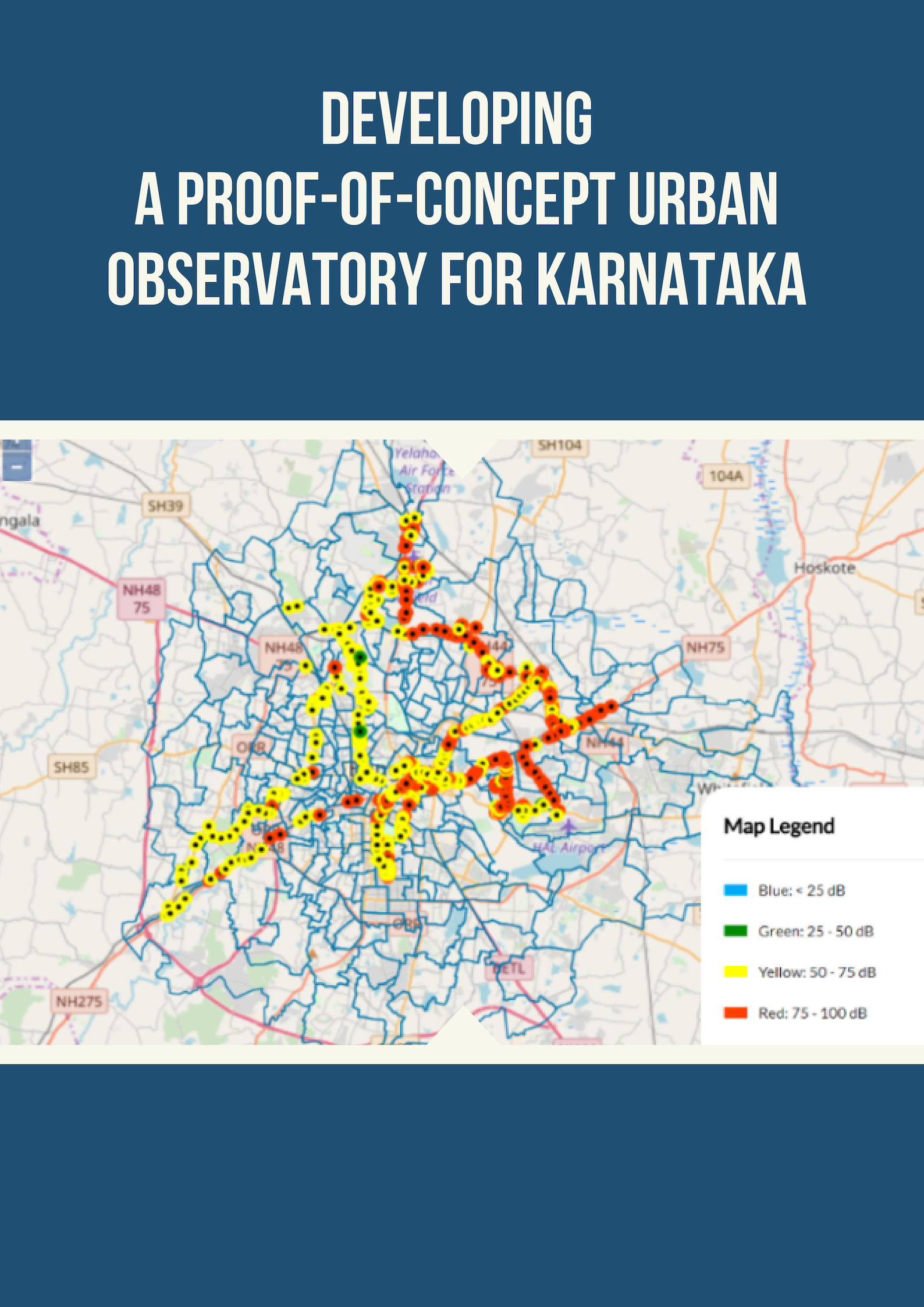
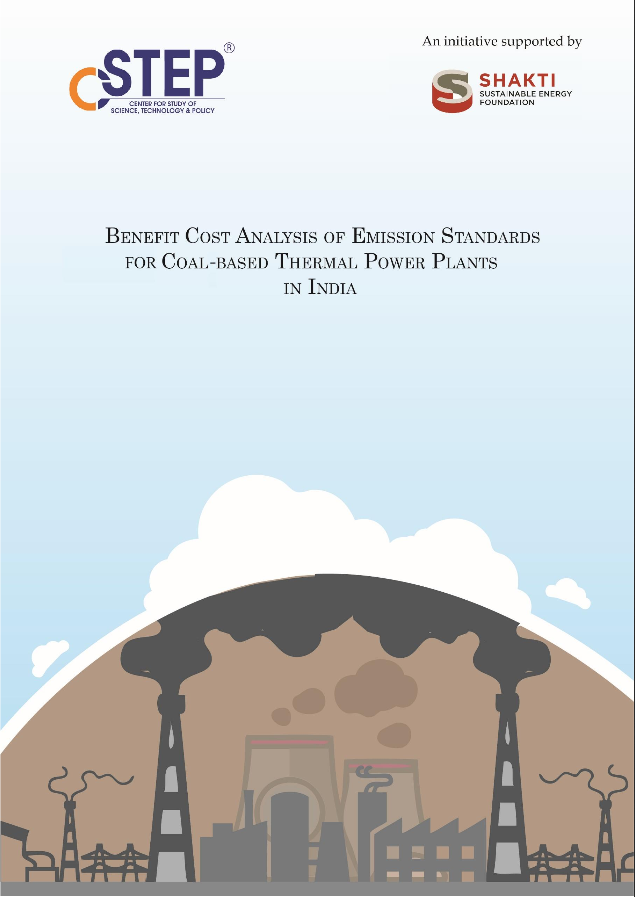


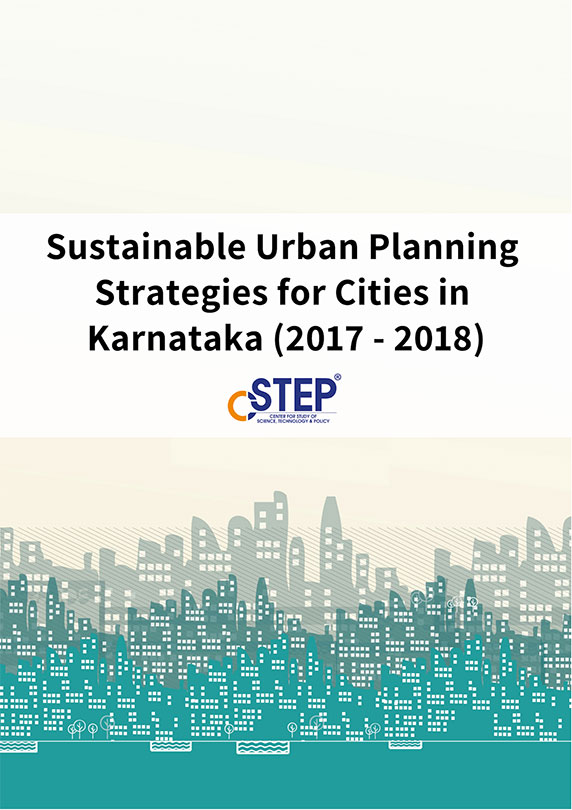




India’s Green Odyssey: Striking a Balance Between Economy and Ecology at COP28
Prime Minister Narendra Modi, in his address at COP28, articulated India's steadfast commitment to environmental sustainability while maintaining a delicate balance between economic growth and ecological preservation.
Making sense of carbon markets in India
As the global community once again converges at the Conference of the Parties (COP), the pivotal role of carbon markets in achieving the Paris Agreement's ambitious goal of limiting warming to 1.5 degrees Celsius takes center stage.
Climate Hour: Here’s What Happened at COP28 and Why You Should Care
CSTEP conducted the second edition of Climate Hour on 15 December 2023. CSTEP’s climate experts discussed the main proceedings of COP28 and decoded their implications for India and the rest of the globe.
This was followed by an interactive quiz on climate policy and action where participants showed their prowess and won exciting prizes!
Time: 4 p.m. to 6 p.m.
Location: Virtual session
‘Loss and damage’ fund talks leave developing nations at new disadvantage
As the climate crisis intensifies, two terms are in sharp focus: adaptation and ‘loss and damage’ (L&D).
Adaptation is the proactive response to climate change, the art of survival using which communities and countries make deliberate choices to prepare for and cope with climate-related challenges.
Viewing India’s Net-Zero Ambition Through the Lens of Polysilicon
As India dons the role of a solar superpower, a crucial hurdle in the country’s journey to self-reliance in this sector is the availability of the key raw material—polysilicon. It is a semiconductor that helps convert photons to electricity, thereby forming the brick of solar cells. The production of polysilicon—an energy-intensive material—requires copious amounts of high-quality silicon. While silicon is abundantly found in India and the rest of the world, competition for the mineral is extremely high.
The Solar PV Market in India: Technical Progress and Opportunities
So far in this series, we discussed different aspects of India’s solar PV sector, including taxation, policies, and the journey towards sustainability. In this concluding piece, we focus on popular technologies, innovations, challenges, and opportunities.
The Solar PV Market in India: Bridging the Gaps
India’s solar photovoltaics (PV) market is rapidly growing. However, to reach the ambitious goal of 500 GW of renewable energy by 2030, there is a pressing need to increase installed capacity and generation targets. With only around 62 GW of installed solar capacity achieved by the end of 2022, India fell short of its 100 GW target for the year. Favourable policies, financial support, technological advancements, and a competitive market are essential for further advancing the growth of India’s solar PV sector.
The Solar PV Market in India: Decoding ALMM and BCD
In the previous article, we discussed the gaps in key areas that hamper the sustained growth of India’s solar PV market. In this article, we shift our focus to two critical aspects that are influencing the sector - ALMM and BCD.
The complex path to biofuel sustainability
Until a few years ago, working on biofuels called for constant justification in the face of electric vehicles (EVs) taking over the world. Today, while there is no doubt that EV adoption has amplified over the years, there is growing awareness of the fact that no decarbonisation strategy is trade-off-free. For instance, for a transition to EVs, existing internal combustion engine (ICE) vehicles and the supporting infrastructure need to be replaced entirely, which is capital intensive.
Climate resilience must be built into infrastructure and social and political systems
Any development programme can foster climate adaptation and mitigation benefits; it must also, however, feature self-reflection and system assessments. The renowned ecologist C.S. Holling, who brought resilient thinking to the forefront of socio-ecological studies, asserted that systems must evolve while they build resilience. If the baseline system itself is fundamentally unjust and unsustainable, then evolving to a new system is preferable to belatedly attempting to add resilience.
